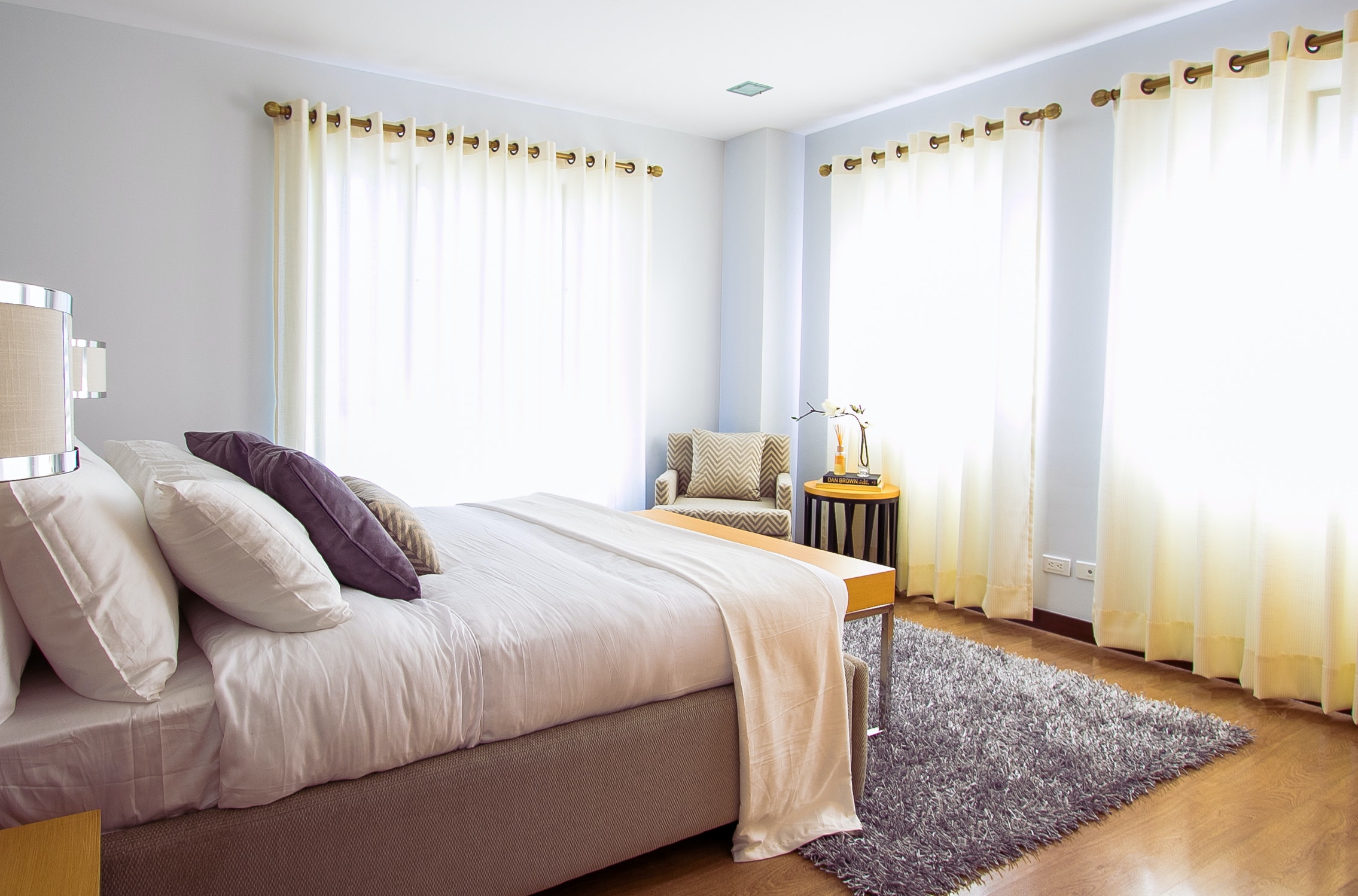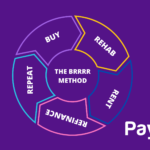If you are interested in earning a bit of extra cash, you might be thinking about renting out a room in your house. This kind of arrangement can benefit homeowners and renters alike. Homeowners can put their extra space to good use and make some cash, while renters can have their own private space without the larger obligations of renting or owning an entire home.
There are several important things for both landlords and renters to think through before entering into this type of arrangement. Some of these include:
- Legal restrictions
- Tax issues
- Tenant screening processes
- Details for rental agreements
If you’re a homeowner looking to open up a room for rent, make sure you investigate these topics before you put up a “room for rent” sign in the yard!
The Legalities of Renting Out a Room in Your House
Without understanding regulations and laws that pertain to being a landlord, you could find yourself in legal trouble down the road.
There may be local rules that prohibit you from renting out space in your house. For example, having a room for rent might violate the rules of your homeowners’ association, your home insurance policy, or even your mortgage.
While it’s possible that these entities might not discover your status as a landlord, the risk is great. The financial penalties for breaking these rules can be severe.
If you confirm that you legally are able to become a landlord, know that it’s your responsibility to make sure your property is in proper rental condition. This includes ensuring that your home is fully up to code.
A note about security, too: Some cities require specific locks to be installed for people who want a room for rent. Some areas require outdoor access for in-home rental spaces. Finally, some municipalities require an inspection of the room that will be rented.
Landlords and tenants should also read the Fair Housing Act. This covers federal mandates designed to protect renters from discrimination during real estate transactions.
It’s crucial that you gain a comprehensive understanding of how the Act relates to you and your potential situation so that you can assert your rights as a renter and be aware of legal pitfalls to avoid as a landlord.
Related Tax Issues
The money you make from rental rooms is taxable. However, there are some ways you can maximize your deductions in the same ways landlords who rent out entire properties maximize theirs.
Landlords can deduct the expenses that arise from the rental, as long as they divide certain ones between the rental portion of their house and the part they live in.
Some of the expenses landlords can deduct include mortgage interest, home improvements, utilities, and repairs/improvements for the entire home. Talk to a qualified tax expert to determine whether you might be eligible for these kinds of savings.
Tenant Screenings
Tenant screenings should be done any time a new person is interested in a room for rent. These screenings benefit both landlords and tenants; they help ensure a good fit between parties.
Tenant screenings should include income verification, background checks, and references.
In addition, since part of a home is being rented instead of a separate property, landlords and potential tenants should always chat together before any contracts are signed to make sure both parties get along.
Rental Agreements
Rental agreements are for more than just establishing rent payment schedules; they are also for setting boundaries and expectations. Renters need to make sure they read every word of a proposed agreement or contract before signing. The better boundaries are spelled out, the fewer frustrations there will be down the road.
Before renting out a room in your house as a landlord, outline stipulations for tenants regarding pets, visitors, common areas, parking, and anything else you want tenants to be clear about. Tenants looking for a room for rent should never hesitate to ask for clarification on anything before agreeing to sign.
Rental Payments
Collecting rent is vital for landlords, but it’s also important that tenants can easily pay on time, every time. It must be clearly understood by the tenant that the due date is non-negotiable — if there is a grace period included, this should be clear, too.
The best way to make rental payments easy for tenants and landlords is to use an online rent payment system like PayRent. This can eliminate potential confrontations and is quick, easy, convenient, and secure for you, whether you’re renting out a room in your house or you’re seeking a room for rent.










